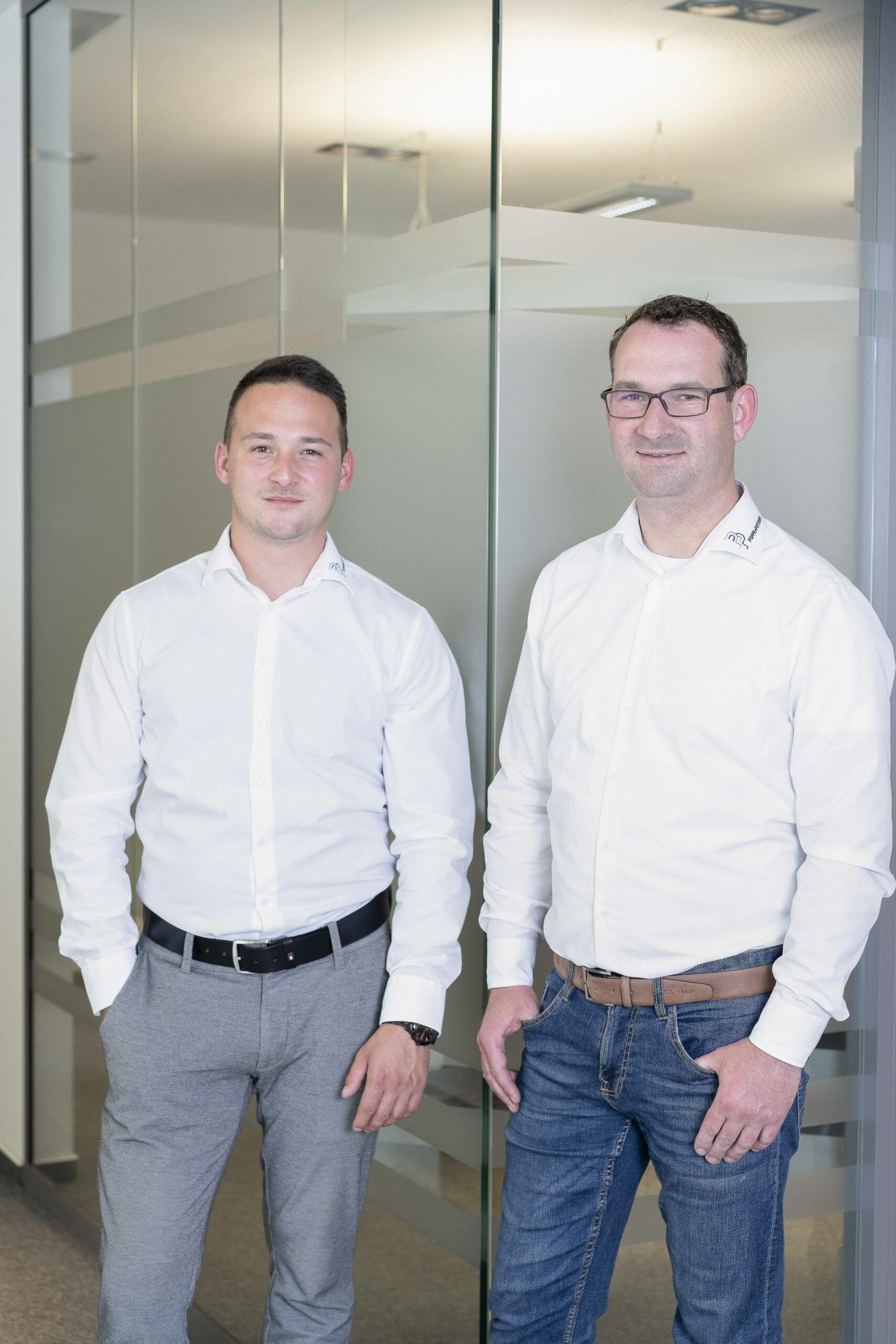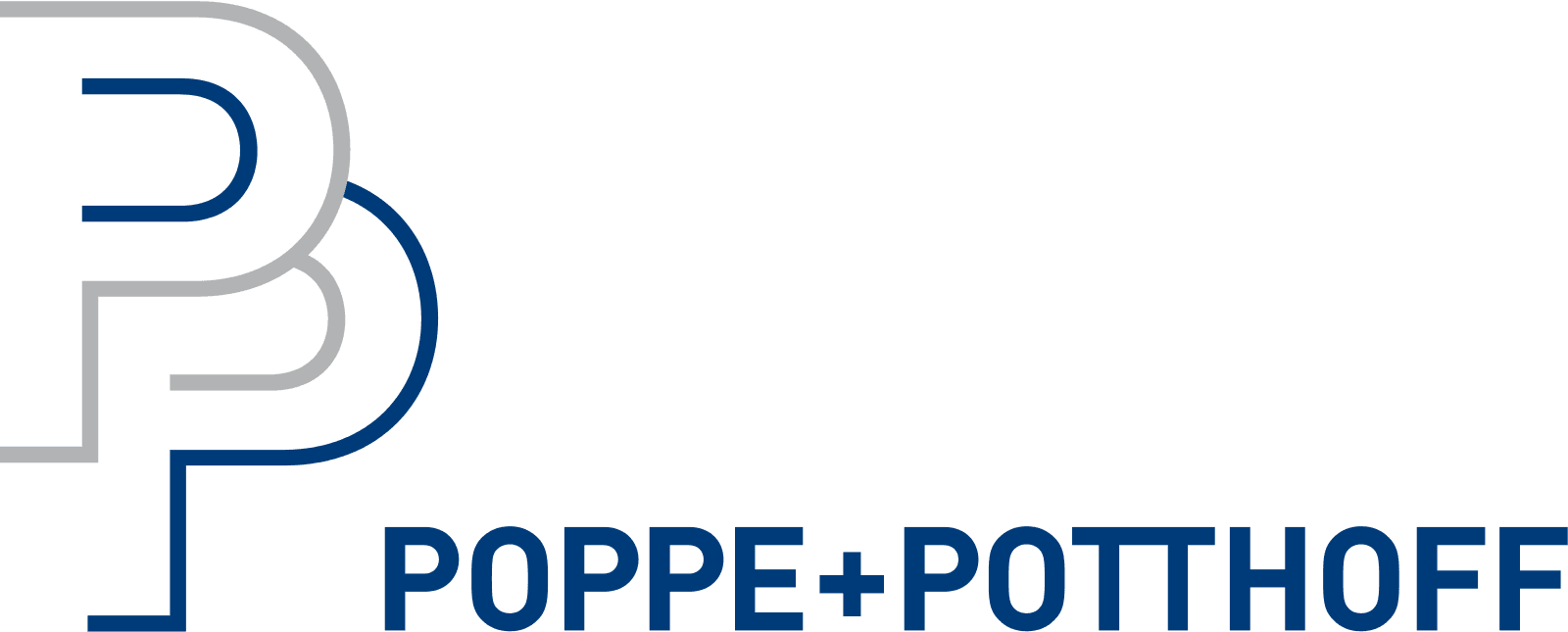Case Study: Validating Dialysis Filter Reliability through Advanced Pressure Cycle Testing
Dialysis Market Size: A Growing Global Demand
The global dialysis market is experiencing rapid growth, driven by the increasing prevalence of kidney diseases and the rising demand for more accessible treatment options. Recent statistics indicate a market size that is expanding by 6.3% CAGR each year until 2032, reflecting both the increasing number of patients requiring dialysis and the technological advancements in dialysis equipment and procedures. This expansion is further fueled by demographic shifts, such as aging populations in many countries, and lifestyle-related health issues that contribute to kidney diseases. The market’s growth is not only a testament to the urgent need for dialysis treatments but also highlights the vast opportunities for innovation and development in dialysis technologies, including advanced dialysis filters. As the market continues to grow, the emphasis on quality and reliability in dialysis equipment, especially in home-based treatments, becomes increasingly crucial. The development and rigorous testing of high-performance dialysis filters are key to meeting this market’s evolving needs and ensuring patient safety and comfort during treatment.
Case Study
Background:
The dialysis market is undergoing a significant transformation, pivoting towards home-based treatments. This shift necessitates high-performance dialysis filters that guarantee patient safety and efficacy.
Market Overview: The Shift to Home Dialysis
Trends: A growing demand for home dialysis solutions is evident, driven by patient convenience and advances in medical technology.

Implications: Dialysis filters, for example, Water Filtration for Portable RO/DI Equipment, a critical component, must meet stringent quality standards for safe and effective (home) use of the dialysis equipment.
Testing Process: Poppe + Potthoff Maschinenbau Pressure Cycle Test Rig
Poppe + Potthoff Equipment Description:
- Pressure Cycle Testing Rig: Capable of operating at frequencies of 0.1-3 Hz, with a pressure range of up to 10 bar. It can simulate both sinusoidal and trapezoidal pressure curves, essential for mimicking real-world scenarios.
- Fluid Adaptability: Primarily using water (or water-glycol emulsion), the rig is adaptable for various test fluids.
- Capacity and Control: Featuring six parallel testing circuits with individual shut-off valves and a pressure sensor in the feed line, allowing simultaneous testing of up to 30 (water) filteres.
- Temperature Control: Utilizing a fluid temperature conditioning unit, the system can adjust temperatures from 4°C to 105°C in under 10 minutes, with an adjustable flow rate of up to 30 l/min.
Unique Features:
- Temperature Sensor: Each testing circuit is equipped with a temperature sensor, ensuring precise control.
- Temperature Test Chamber: A specialized chamber maintains ambient temperatures from 20°C to 95°C, integral for testing under varied environmental conditions. Dimensions: 1200 x 750 x 1200 mm (W x D x H).

Detailed Test Process for Dialysis Filters
Initial Setup:
- Chamber Preparation: The operator begins by opening the (climatic) testing chamber.
- Filter Connection: Up to eight dialysis filters are then connected to the system using a quick connector system. This setup is designed for efficiency and accuracy, ensuring that each filter is securely attached for precise testing.
Test Initiation:
- Chamber Closure and Profile Selection: After securing the filters, the operator closes the chamber. The next step involves selecting a predefined test profile. These profiles are pre-set and saved within the system, tailored to simulate various real-world conditions that the filters will encounter.
- Program Start: With the appropriate test profile chosen, the operator initiates the test program. This step marks the beginning of the rigorous testing phase.
During the Test:
- Cycle Execution: The system executes the selected pressure cycles, rigorously testing the dialysis filters under controlled conditions. These cycles are essential for assessing the filters’ durability and reliability.
- Data Collection: Throughout the testing process, the system collects comprehensive data, including temperature readings and pressure measurements. These data are gathered from various sensors integrated within the system, providing a holistic view of each filter’s performance.
- Flow Rate Adjustment: An essential feature of this test process is the ability to adjust the flow rate for each Device Under Test (DUT), i.e., each filter. This customization ensures that every filter is tested under conditions that closely mimic its intended operational environment.
In Case of Failure:
- Leak Detection and System Response: If any filter fails during the testing process, leak-detecting sensors immediately identify the issue. This prompt detection is crucial for maintaining the integrity of the test and ensuring accurate results.
- System Shutdown and Data Preservation: Upon detecting a leak or failure, the system automatically shuts down to prevent further issues. Importantly, all data collected up to the point of failure are saved. This data is invaluable for analyzing the failure, understanding its cause, and making necessary adjustments to the filter design or manufacturing process.
Results: Enhancing Dialysis Filter Performance
Lifetime Testing: Our rigorous testing approach, employing the Poppe + Potthoff pressure cycle test rig, has significantly improved the durability and reliability of dialysis filters.
Quality Assurance: The advanced testing protocols ensure that each filter meets the highest standards required for home dialysis applications.
Conclusion: Setting New Standards in Dialysis Filter Testing
This case study demonstrates our commitment to advancing dialysis filter technology through state-of-the-art testing methods. Our approach not only meets but exceeds industry standards, paving the way for safer, more reliable home dialysis treatments.
Connect with us and learn more. Our team is knowledgeable and provides systems that can grow with your production demand.


